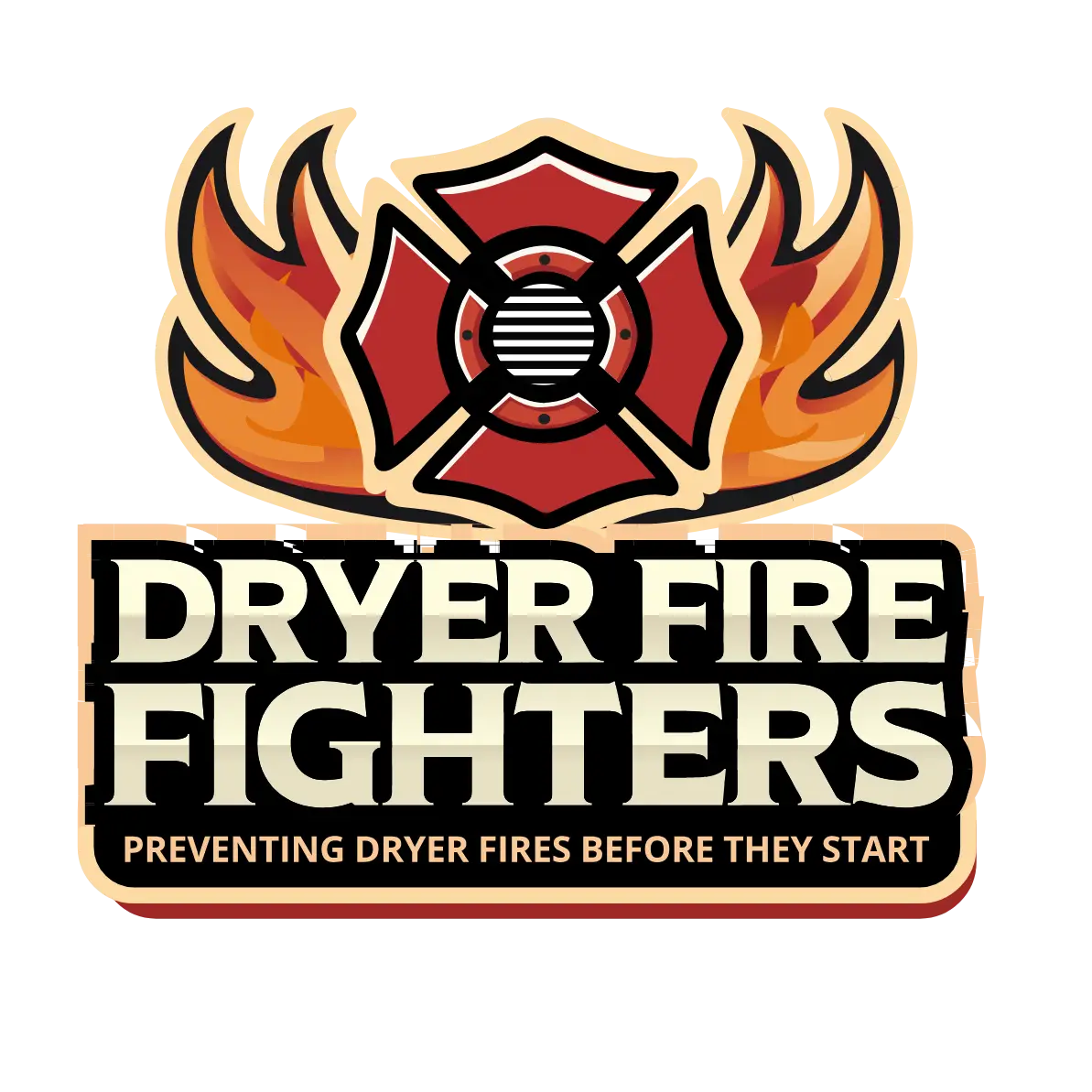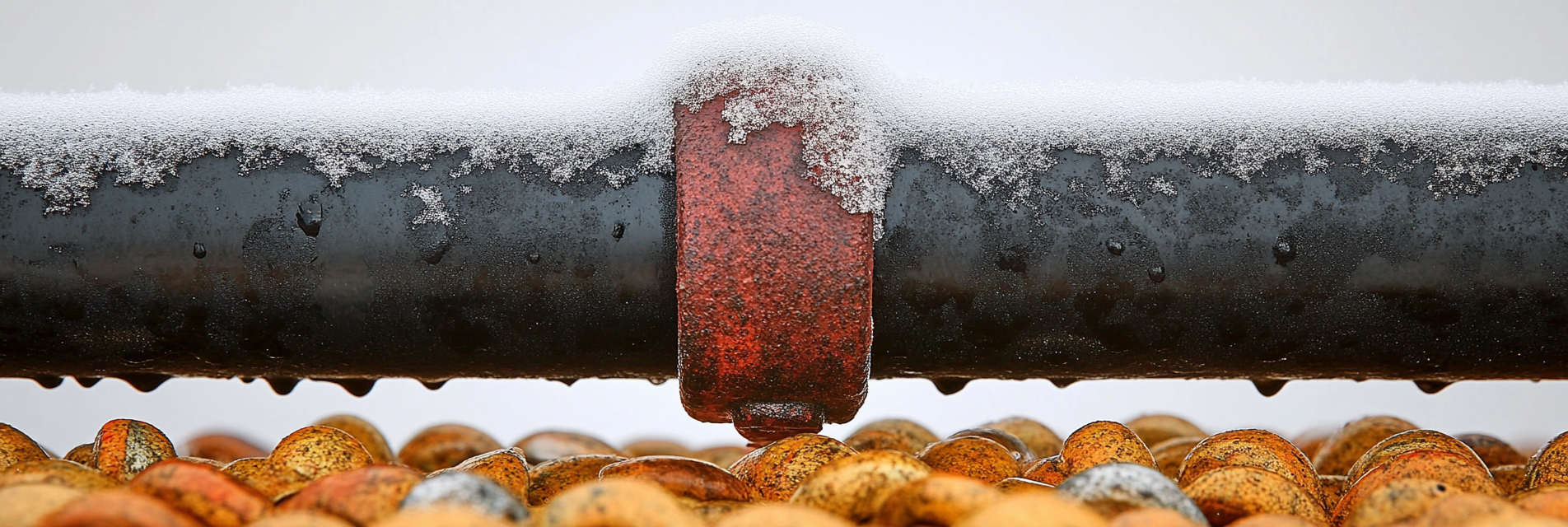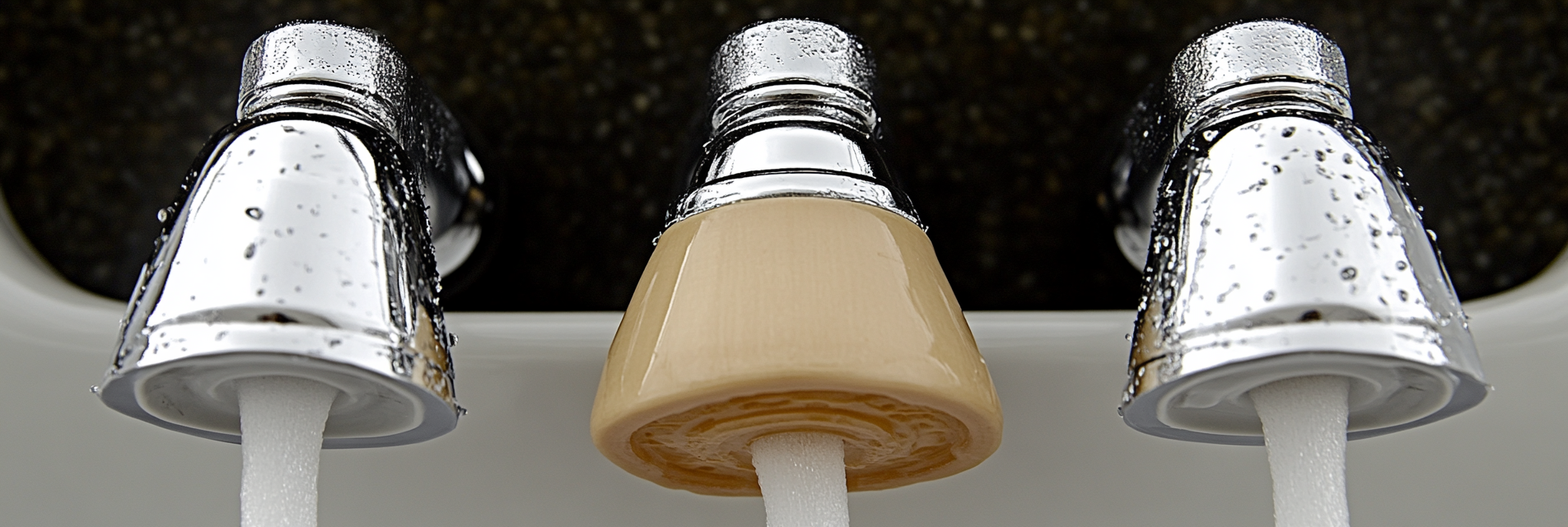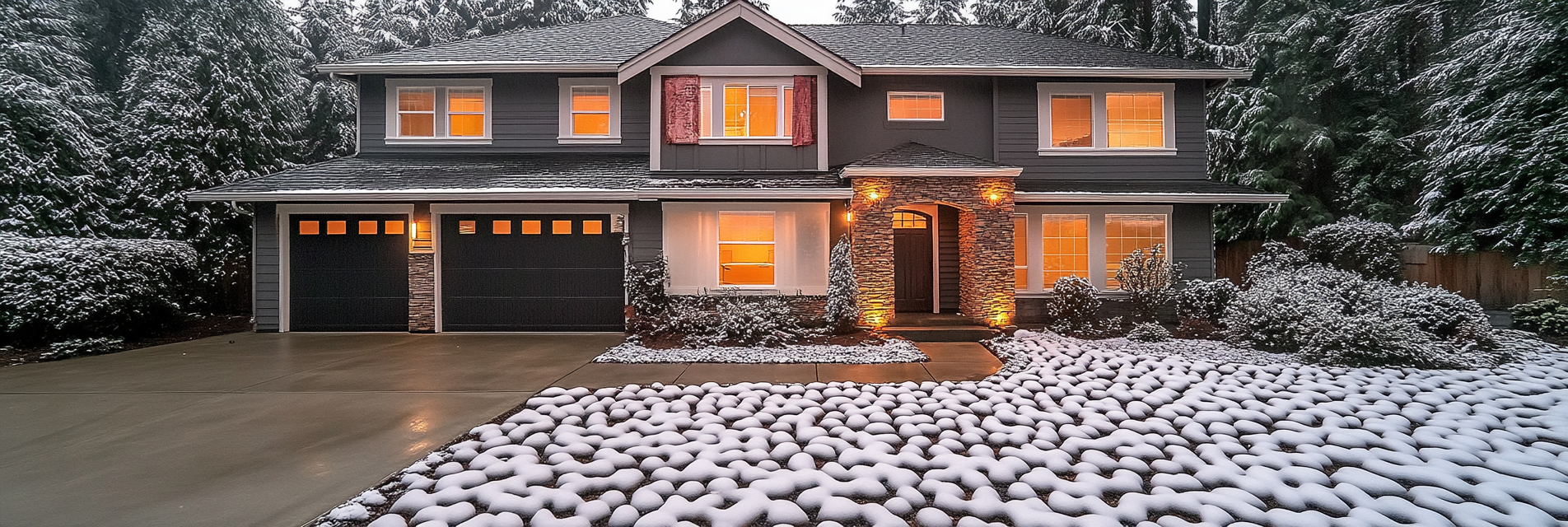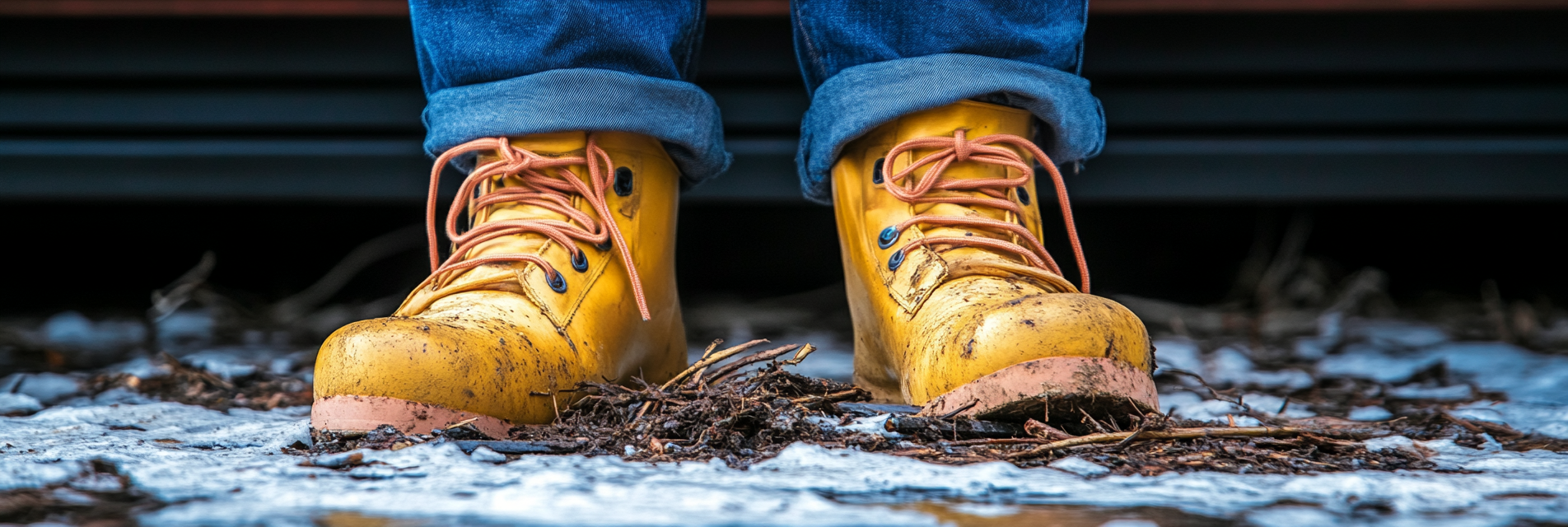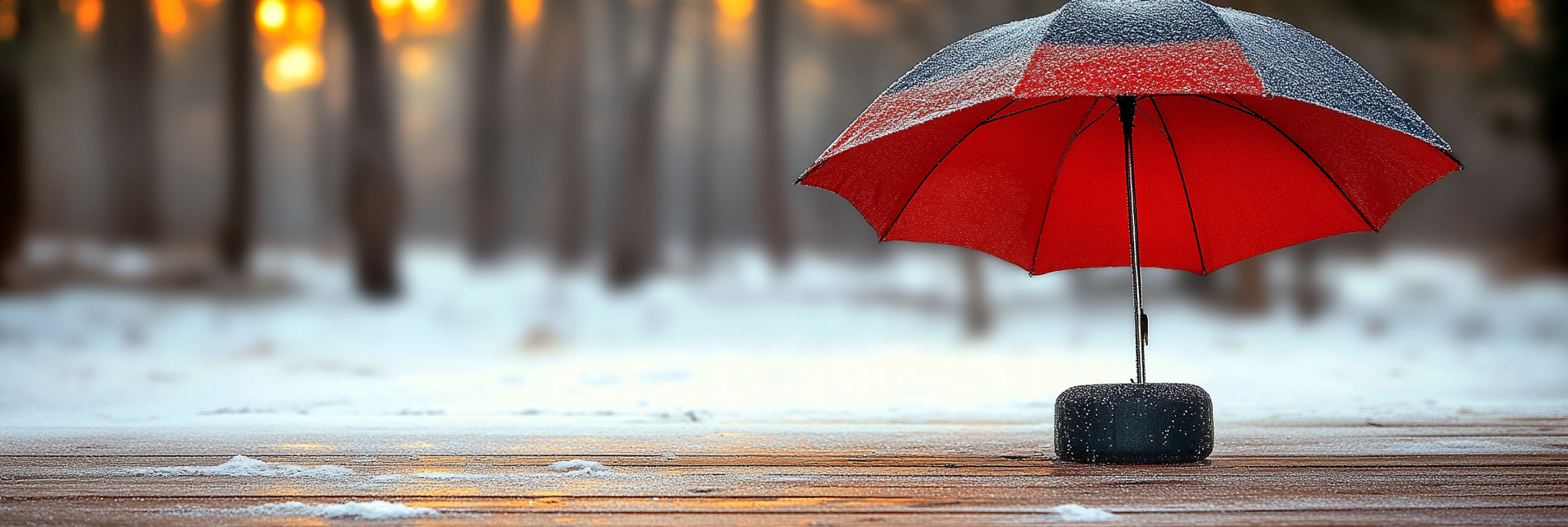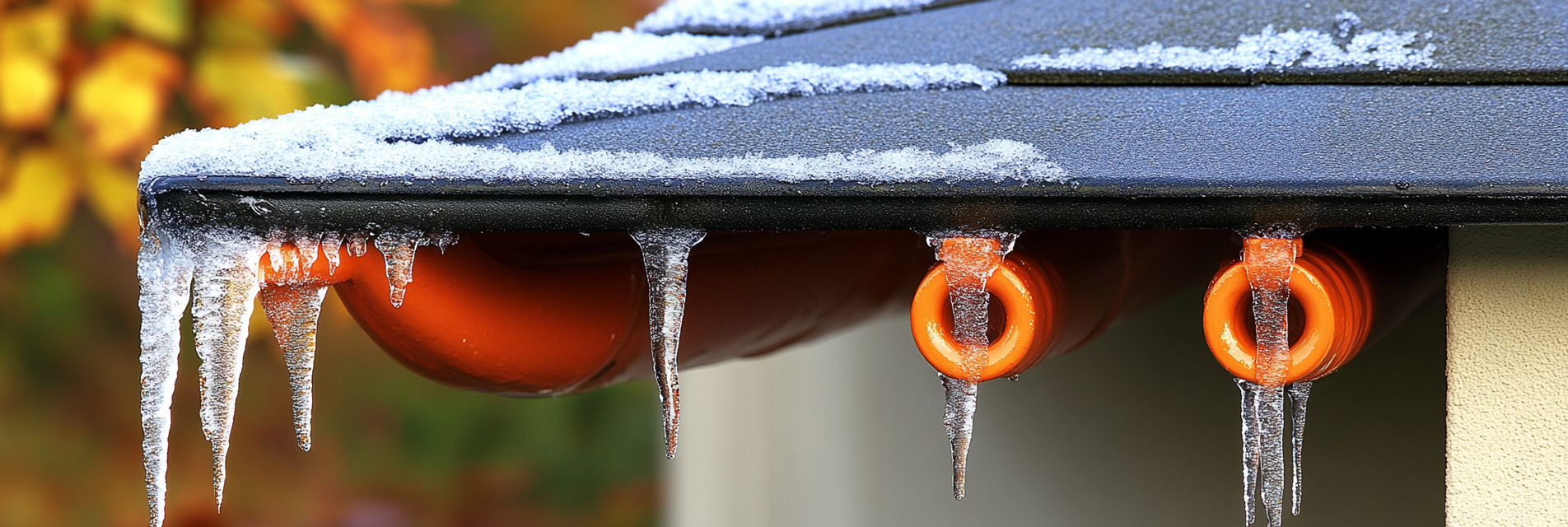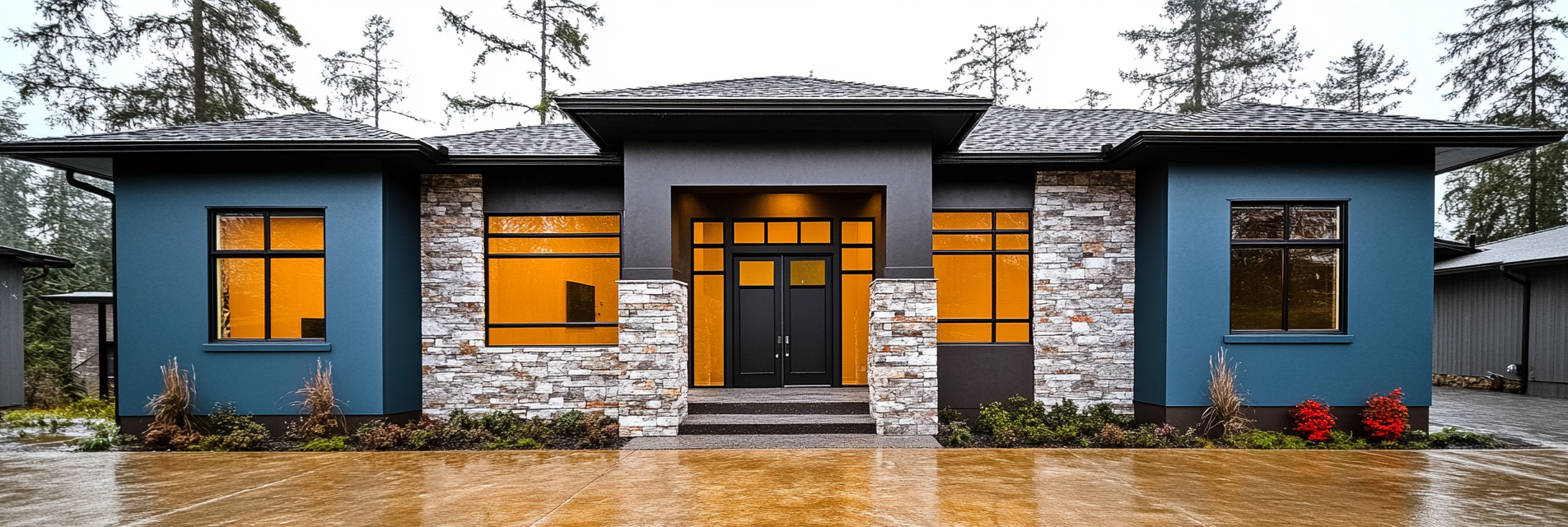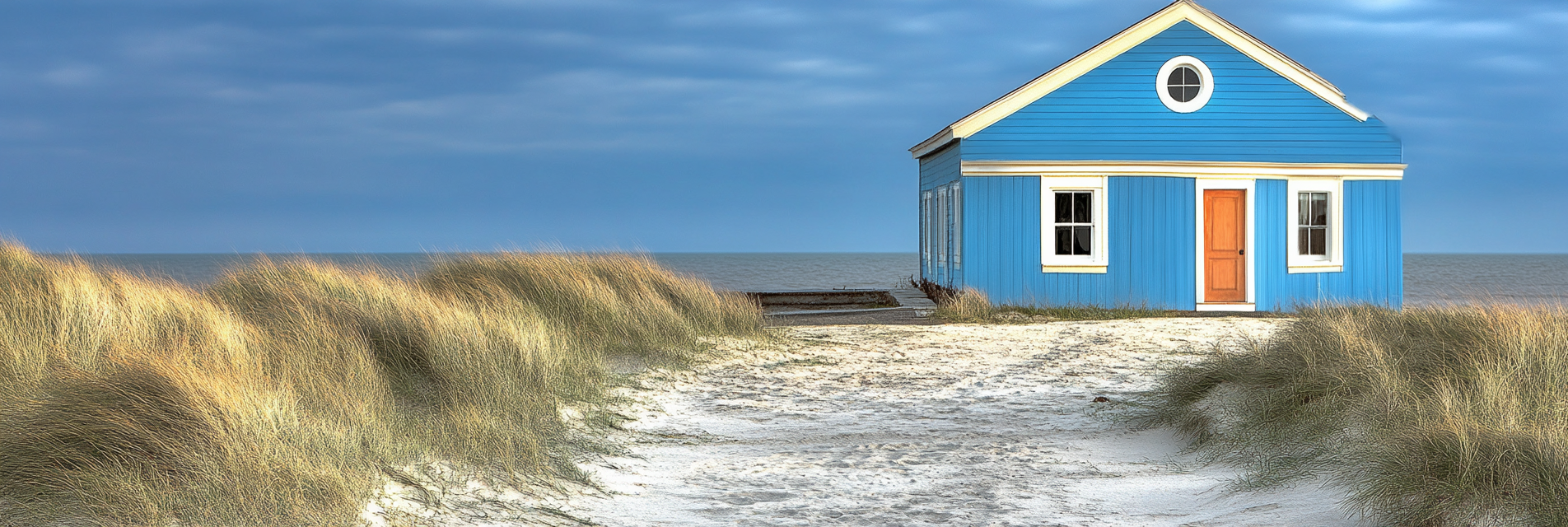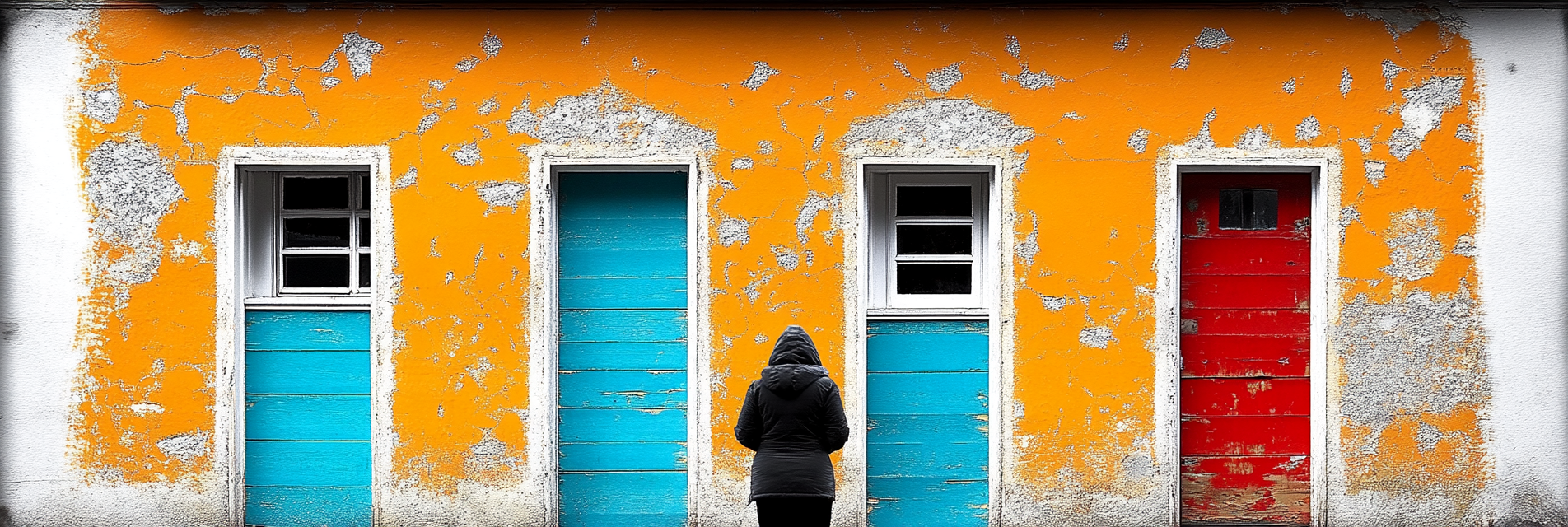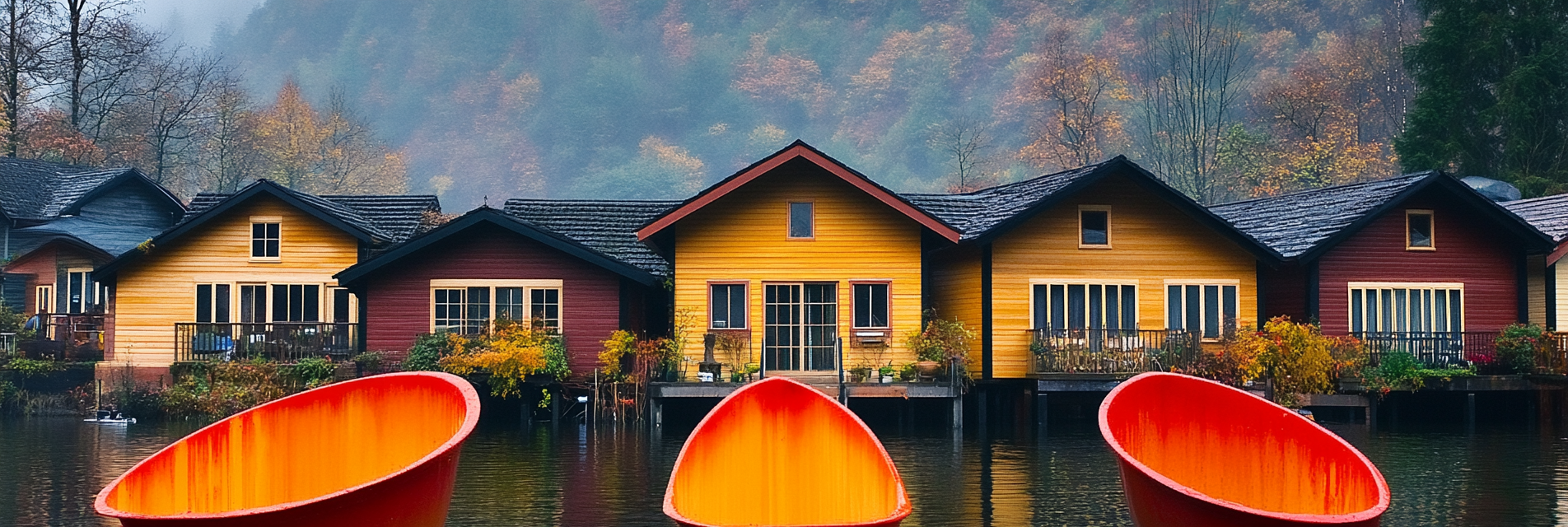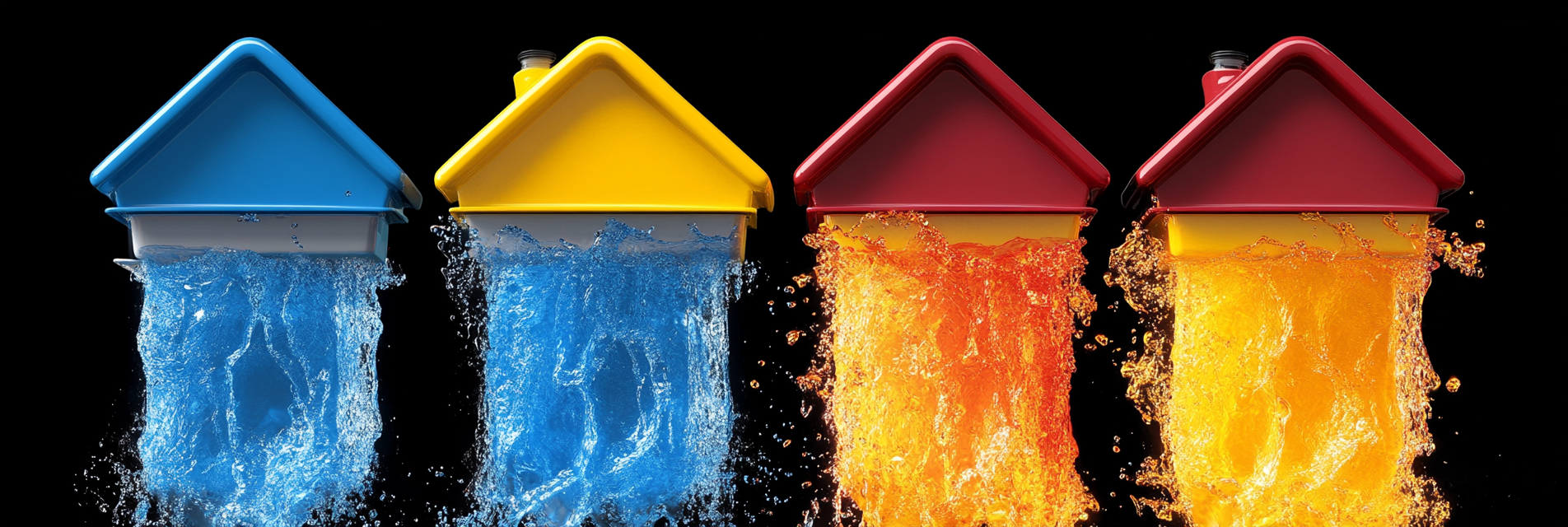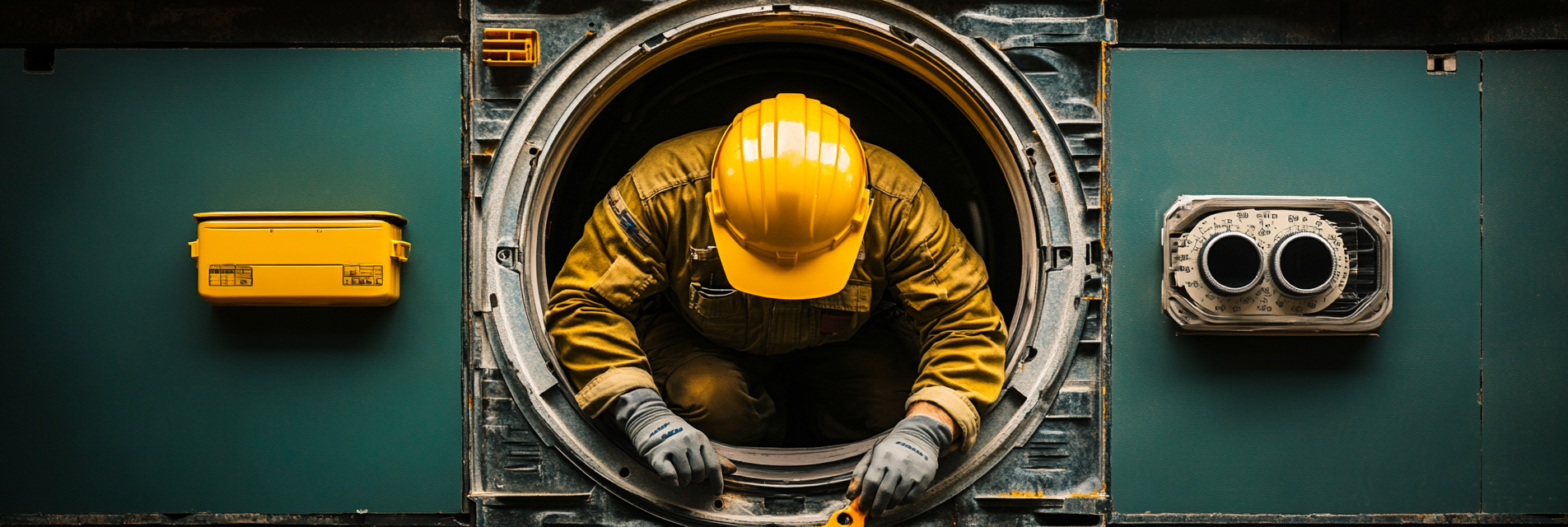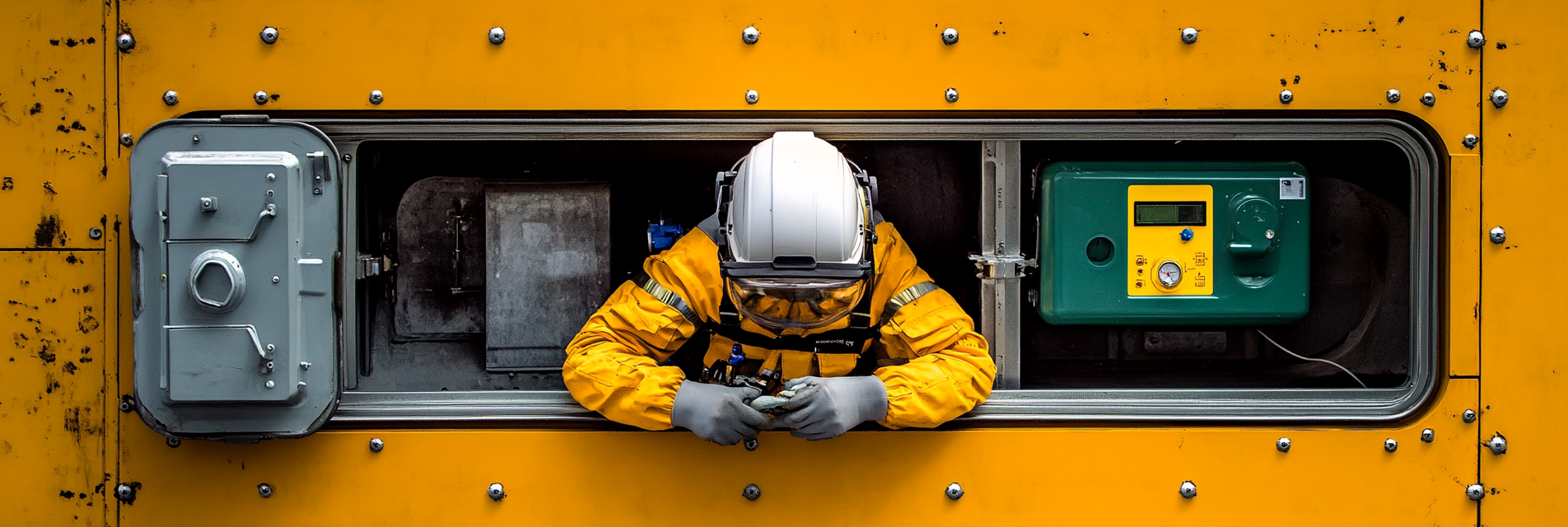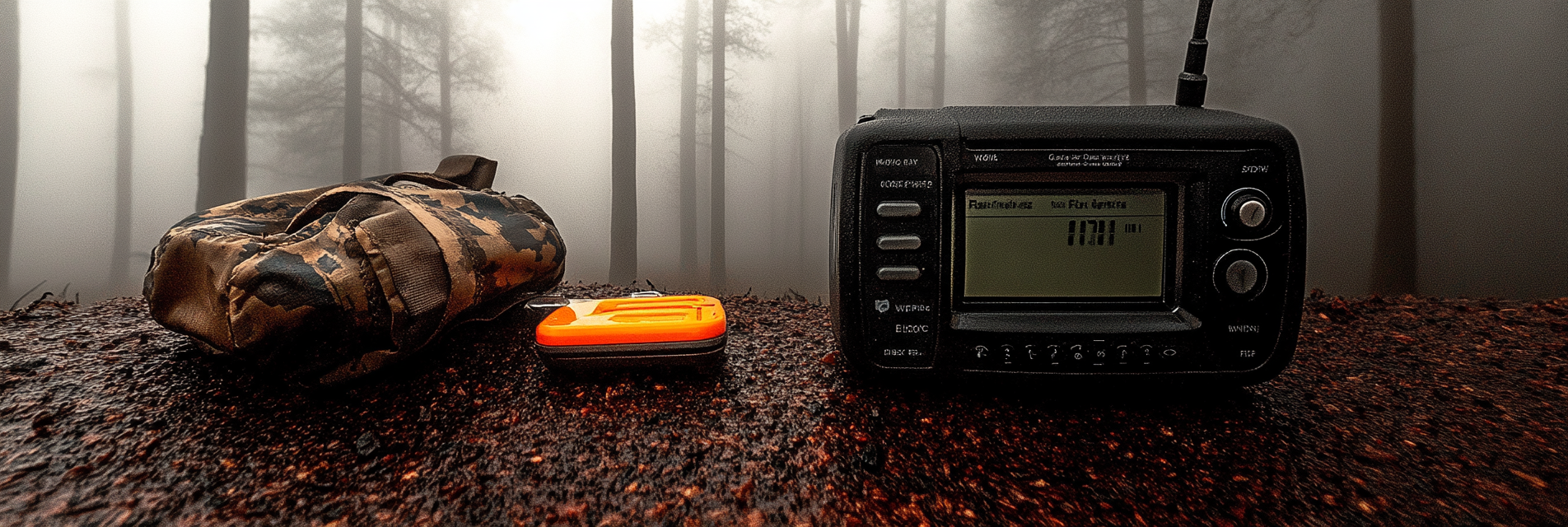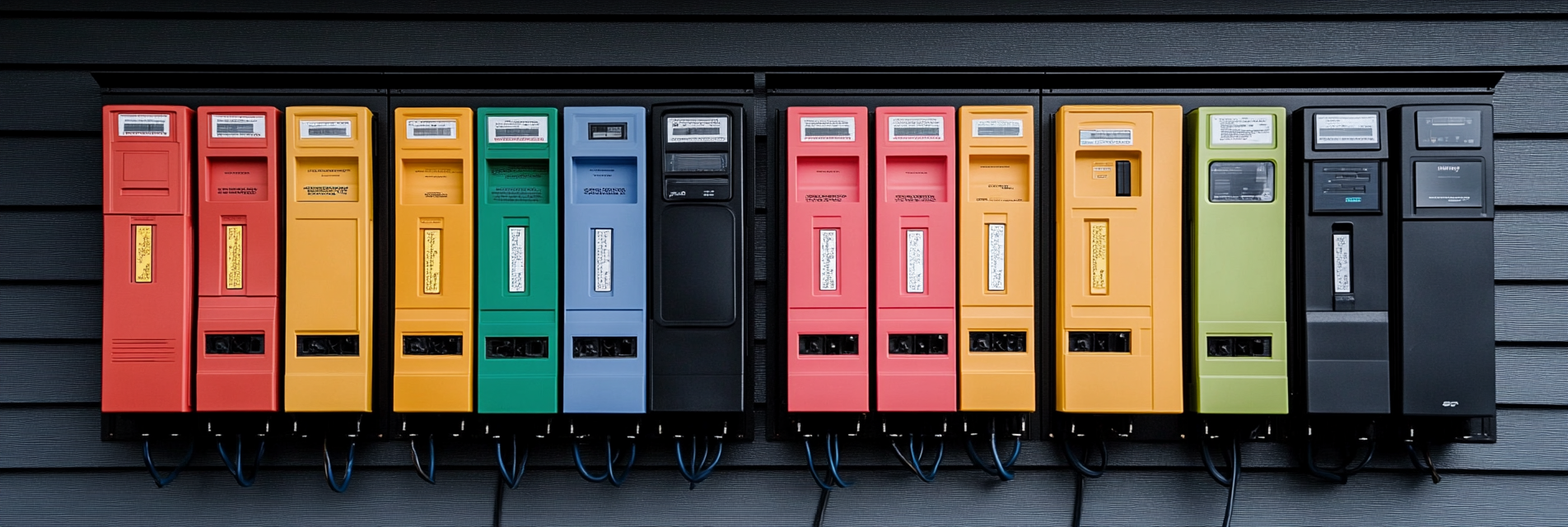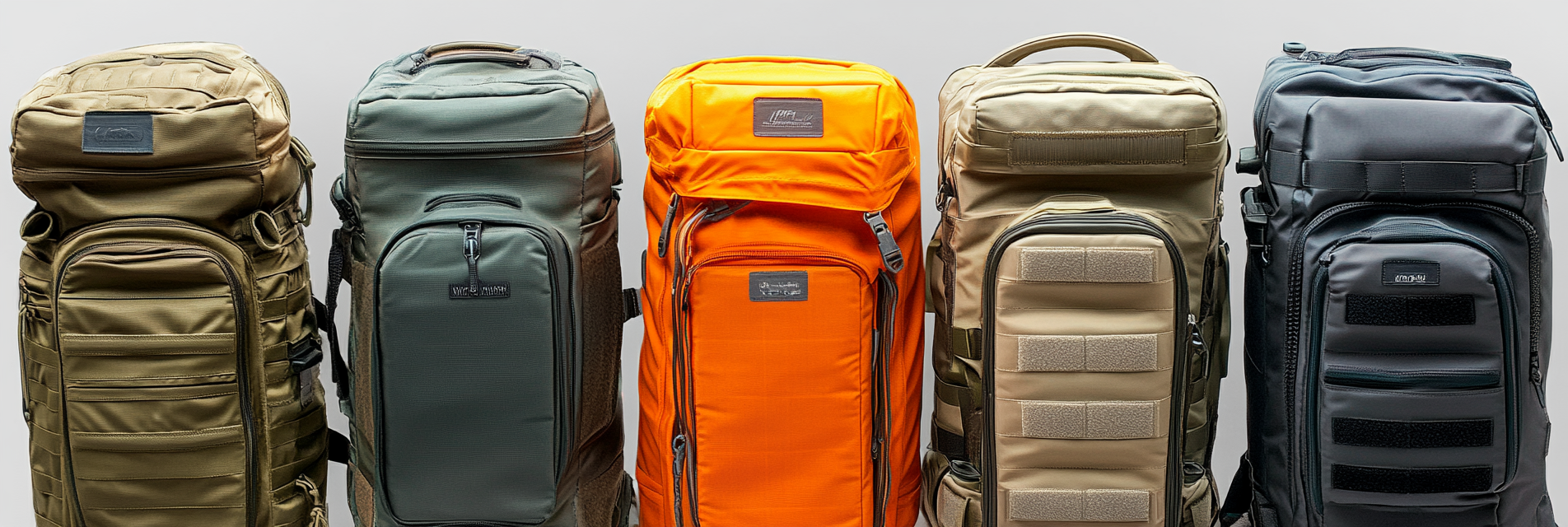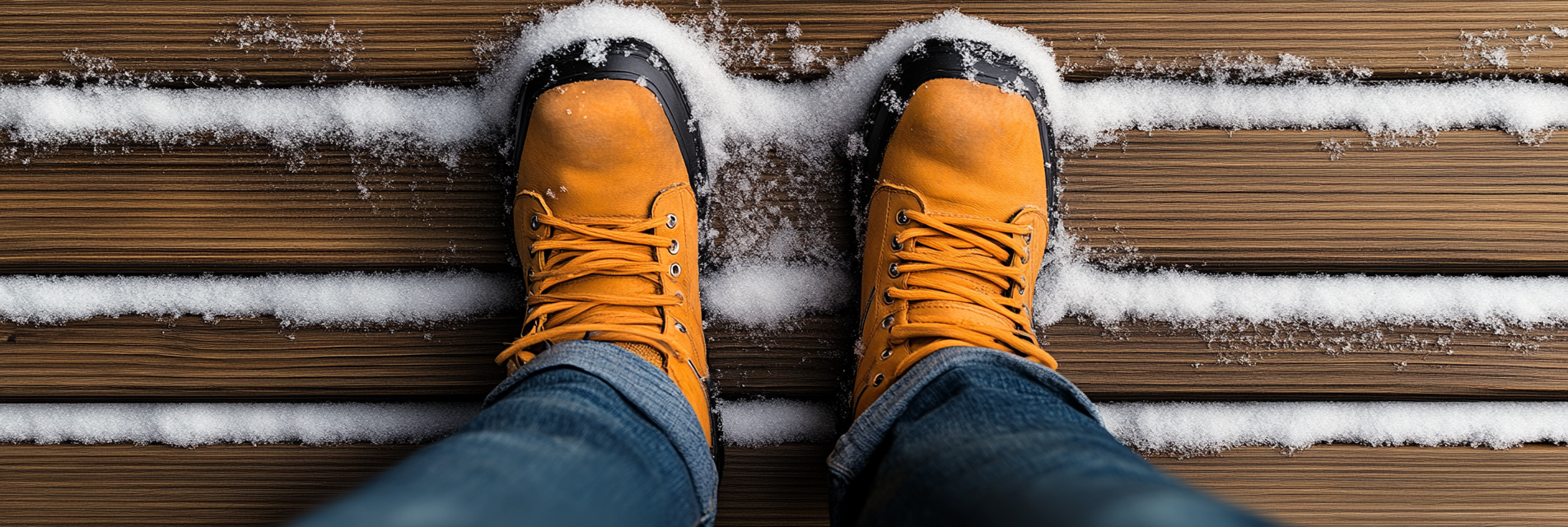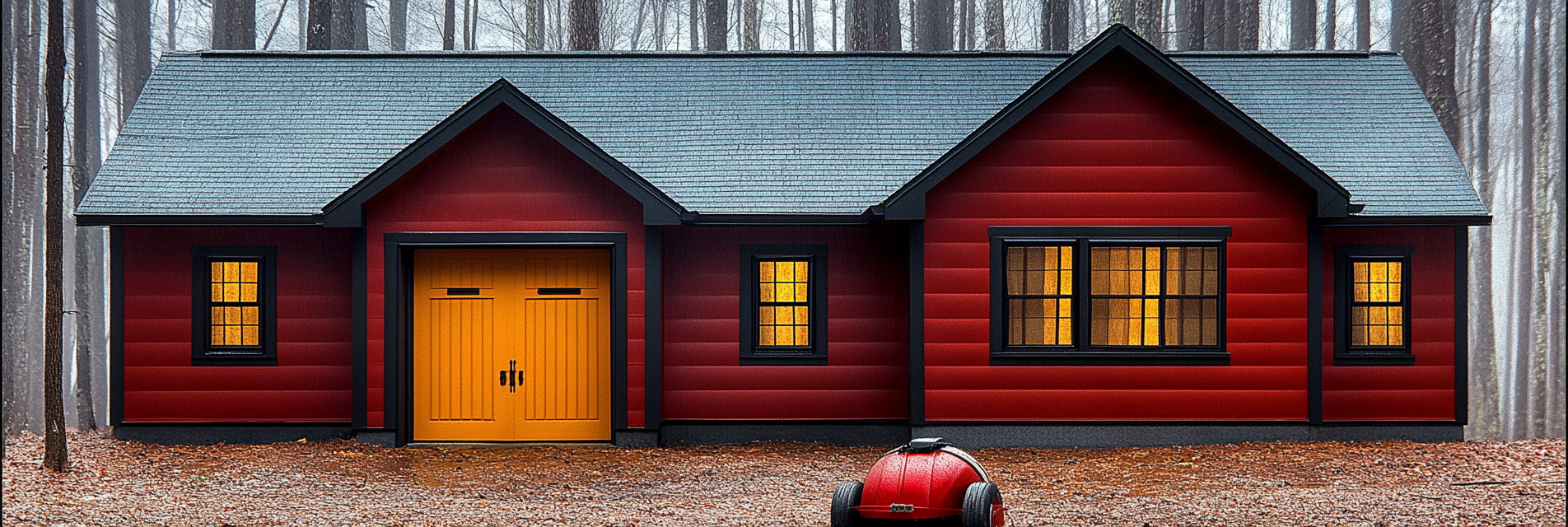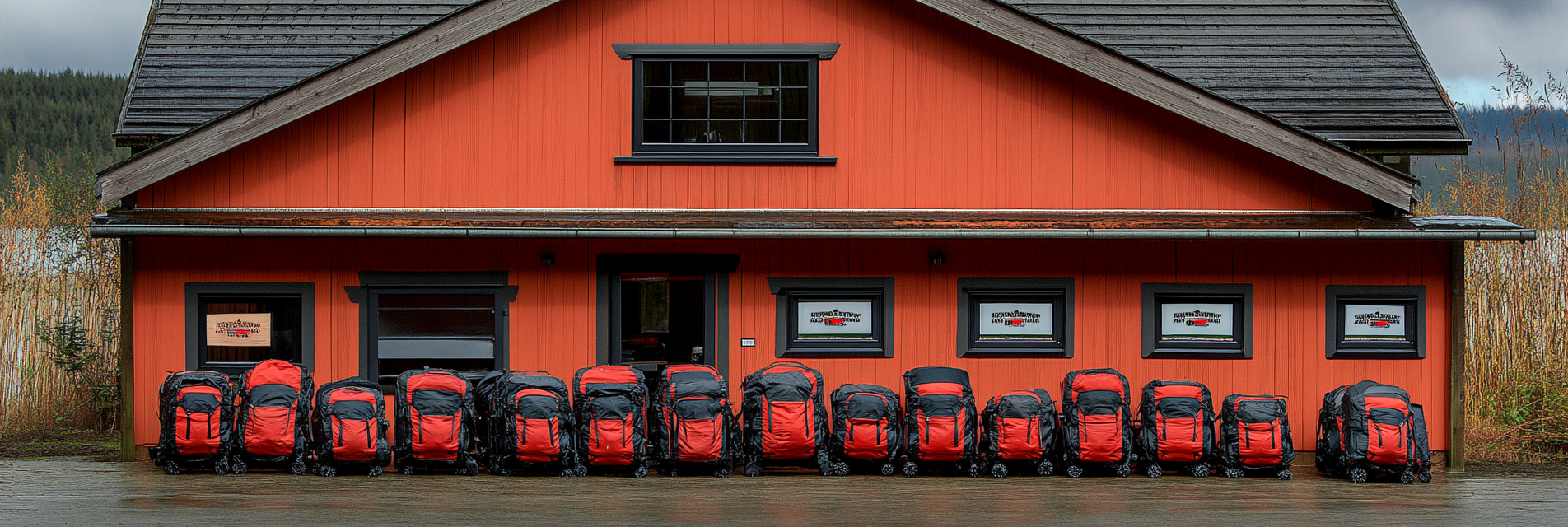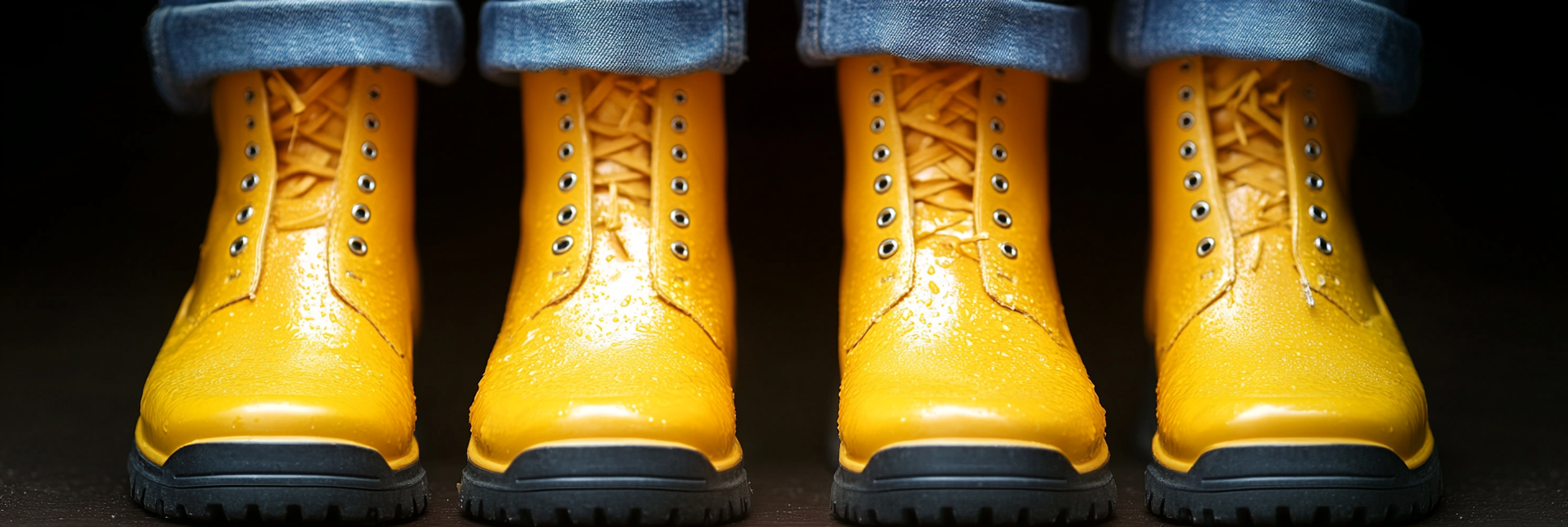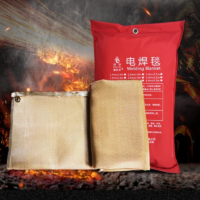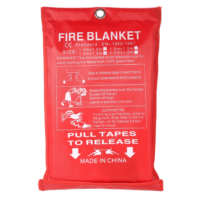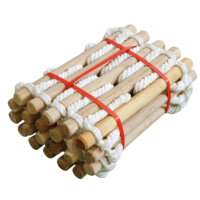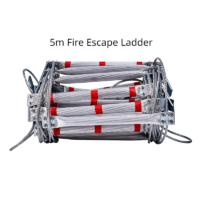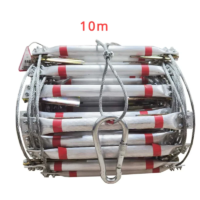Prolonged freezes can have a severe impact on homes, utilities, and daily routines, especially in colder regions of Washington state. Extreme and extended cold periods can cause pipes to freeze, increase heating needs, and pose significant safety risks. This article outlines detailed steps to prepare your home, manage energy use, and stay safe during prolonged freezes.
1. Insulate Your Home for Maximum Heat Retention
Proper insulation helps keep your home warm and energy-efficient:
- Seal Windows and Doors:
- Use weather stripping and caulk to seal gaps and prevent drafts.
- Insulate Attics and Basements:
- Ensure adequate insulation in attics and basements to reduce heat loss.
- Use Draft Stoppers:
- Place draft stoppers at the base of doors to block cold air.
Product Tip: Twin Draft Guard is a reusable draft stopper that effectively blocks air from entering under doors.
2. Protect Your Pipes from Freezing
Frozen pipes can burst and cause extensive water damage:
- Insulate Exposed Pipes:
- Wrap pipes in foam insulation or use heat tape for pipes in unheated areas like basements and crawl spaces.
- Keep Cabinet Doors Open:
- Open cabinet doors under sinks to allow warm air to circulate around pipes.
- Let Faucets Drip:
- Allow faucets to drip slightly during extremely cold weather to prevent pressure buildup.
3. Maintain Heating Systems and Backup Solutions
Ensure your primary heating system is well-maintained and have alternatives ready:
- Service Your Furnace:
- Have a professional inspect your heating system before winter to ensure it operates efficiently.
- Use Space Heaters Safely:
- Use space heaters with safety features such as automatic shutoff and tip-over protection. Place them on a flat surface away from flammable materials.
- Fireplace and Wood Stove:
- Keep a supply of seasoned firewood if you have a wood-burning fireplace or stove.
Safety Tip: Never use outdoor fuel-burning equipment, such as grills or camp stoves, indoors to heat your home due to carbon monoxide risks.
4. Stock Up on Emergency Supplies
Being prepared for a prolonged freeze requires a well-stocked emergency kit:
- Non-Perishable Food and Water:
- Store at least one gallon of water per person per day and food that doesn’t require heating.
- Warm Clothing and Blankets:
- Keep extra warm clothing, thermal socks, and heavy blankets on hand.
- Flashlights and Batteries:
- Have LED flashlights and extra batteries ready in case of power outages.
- First Aid Kit:
- Include essential medical supplies and any necessary prescription medications.
5. Manage Energy Use Efficiently
Conserving energy helps maintain a warm environment and reduces the risk of overloading electrical systems:
- Lower the Thermostat Slightly:
- Setting the thermostat a few degrees lower can help reduce energy strain while maintaining comfort.
- Use Thermal Curtains:
- Keep thermal curtains closed at night and open during the day to let in sunlight.
- Unplug Unused Electronics:
- Unplug electronics when not in use to save energy and reduce heat loss.
6. Prepare for Power Outages
Prolonged freezes often come with the risk of power outages:
- Backup Power Sources:
- Have a portable generator or battery backup system ready for critical appliances and heating.
- Keep Power Banks Charged:
- Charge power banks to keep essential devices running during an outage.
- Battery-Powered Lanterns:
- Use flameless LED lanterns for safe lighting.
Product Tip: The EcoFlow Portable Power Station is a versatile option for keeping essential devices powered during outages.
7. Create a Safe Room
Designate a room in your home as a safe, warm space where the family can gather:
- Choose an Interior Room:
- Pick a room without windows to minimize heat loss.
- Use Additional Insulation:
- Hang extra blankets or thermal drapes over doors and windows to trap heat.
8. Monitor Health and Safety
Cold weather can be hazardous to health, so take precautions:
- Check for Signs of Hypothermia:
- Symptoms include shivering, confusion, and slurred speech. Seek warmth and medical attention immediately if these occur.
- Stay Hydrated:
- Drink water regularly to stay hydrated, as cold weather can reduce the sensation of thirst.
- Layer Clothing:
- Dress in layers to trap heat, starting with moisture-wicking materials closest to the skin.
9. Maintain Communication and Stay Informed
Staying informed helps you respond to changing conditions:
- Sign Up for Weather Alerts:
- Use weather apps or subscribe to local meteorological services for real-time updates.
- Keep a Weather Radio:
- A NOAA weather radio is essential for receiving alerts during power outages.
- Emergency Contact List:
- Ensure all household members know who to contact during an emergency.
10. Safety Measures After a Freeze
Once temperatures begin to rise, check your home for any potential damage:
- Inspect for Frozen Pipes:
- Carefully inspect pipes for signs of freezing or cracks. If a pipe has burst, turn off the water supply and contact a plumber.
- Check Roofs and Gutters:
- Look for ice dams or icicles that may have formed and safely remove them to prevent water damage.
- Document Damage:
- Take photos of any damage for insurance claims and make a detailed list of affected items.
Conclusion
Preparing for prolonged freezes involves insulating your home, protecting pipes, maintaining heating systems, and stocking essential supplies. By following these tips, you can ensure your home stays warm, your family remains safe, and you’re ready to manage any challenges that come with extreme cold. Paul Lindberg’s Dryer Fire Fighters advises proactive preparation and regular checks to stay ahead of cold weather risks in Washington state.
Serving the communities of:
Kennewick | Pasco | Richland | West Richland | Finley | Burbank | Benton City | Prosser | Grandview | Connell
As the sole certified dryer exhaust technician recognized by CSIA.org in the Tri-Cities area, Paul brings a wealth of expertise to fire prevention. His primary focus lies in addressing the root cause of many residential fires: lint buildup in dryer cavities and vents. Through rigorous inspections and thorough cleanings, Paul ensures that families and businesses can enjoy peace of mind, knowing their properties are safeguarded against fire risks.
